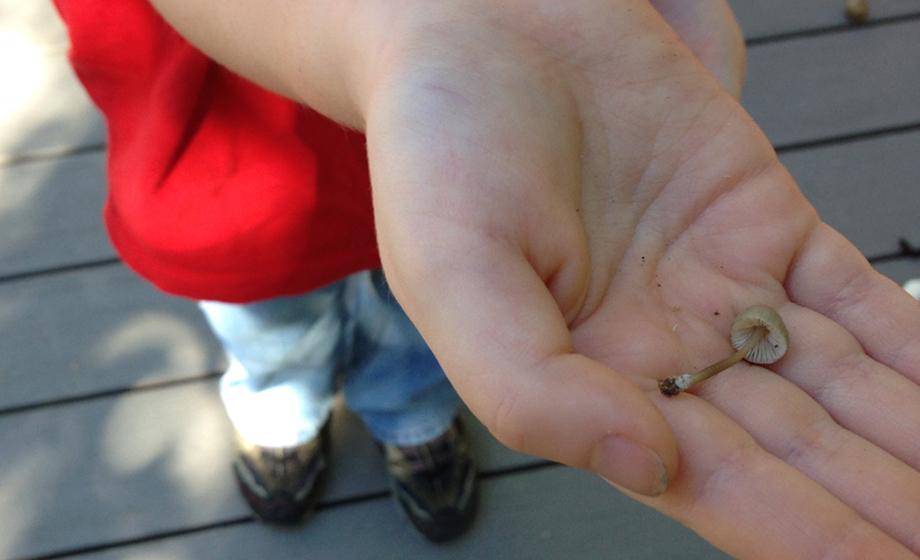
The Worcester Telegram & Gazette‘s “Sunday Sitdown,” a weekly interview with a local personality, featured David S. Hibbett, professor of biology.
Here is an excerpt:
“David S. Hibbett grew up next to a pond and, by his own account, was always out in the woods. After majoring in botany at the University of Massachusetts at Amherst, he planned to focus on plants during graduate school at Duke University. His project fell apart, however, and he turned to fungi.
“At Clark University, his lab features whimsical mushroom pottery and research that looks at mushrooms at the genetic level. In a recent article in the prestigious journal Science, he pointed out an intriguing result of the DNA age: Scientists using modern tools to analyze soil and water are finding the genes of thousands of fungi never before cataloged. But scientific rules say those newly discovered species cannot be given names unless someone finds the actual fungi. No mushroom, no name. It’s a situation that Mr. Hibbett would like to see changed.
“In your article, you said there were signs of thousands of fungal species that don’t have names. Could you explain that?
“‘There’s sort of two levels to this. There are the species of fungi that have been discovered and given Latin names. We’ve collected mushrooms, or we’ve got live cultures or something, and there are about 125,000 of those. That’s a large number of species. The total number of species of fungi on Earth is something that we just don’t know. We can only estimate, and popular estimates that are out there range from about 1.5 million up to 5 or 6 million or more. We think there’s a huge number of undiscovered species, just completely unknown.'”
